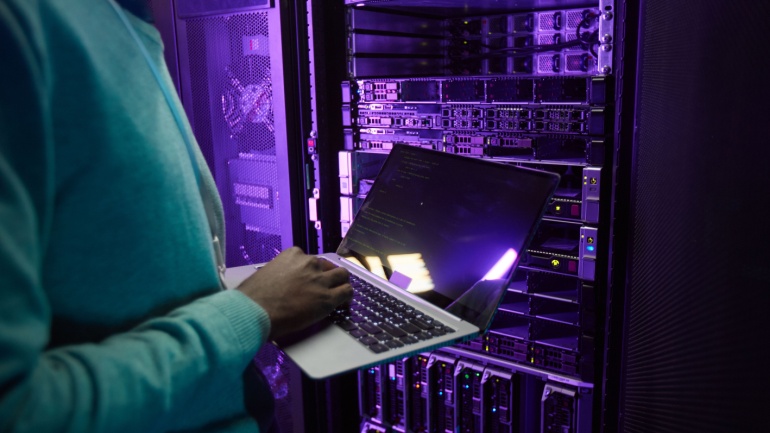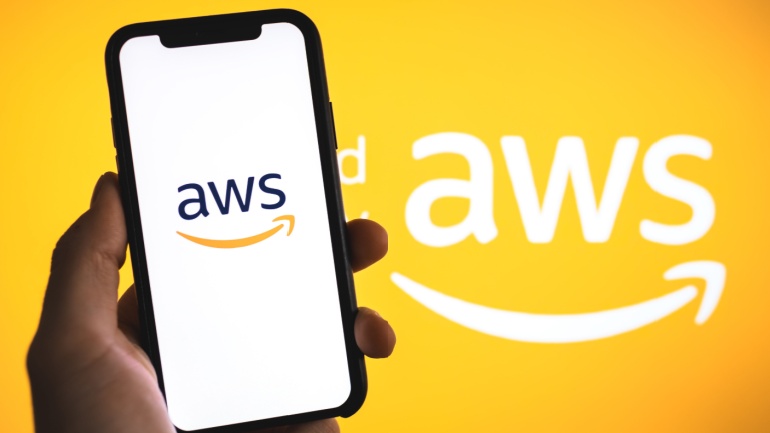Germany is investing €5 billion in a new semiconductor manufacturing facility in Dresden through the European Semiconductor Manufacturing Company (ESMC) initiative. The facility will leverage advanced technologies like FinFET and aims to reduce Europe’s dependence on U.S. and Chinese semiconductor imports. This strategic move promises to enhance Germany’s role in the global semiconductor industry.
AMD has announced a major acquisition of ZT Systems for $4.9 billion, aiming to strengthen its AI and compute infrastructure. This move will enhance AMD’s data center AI capabilities and customer enablement. With ZT Systems’ expertise, AMD plans to rapidly scale AI solutions for cloud and enterprise customers, bolstering its AI ecosystem.
Sparkle’s new Point of Presence (PoP) at Aruba’s Hyper Cloud Data Centre in Rome enhances VoIP connectivity, strengthening Rome as a global hub linking Europe, Africa, Asia, and the Middle East. This collaboration boosts Sparkle’s BlueMed cable, delivering high-speed VoIP services through advanced, renewable-powered infrastructure.
Fastweb has launched NeXXt AI Factory, introducing Italy’s first DGX SuperPOD AI supercomputer. Located in Bergamo, the facility enhances Italy’s AI landscape, empowering startups, universities, and businesses. Fastweb’s robust computing power and partnerships ensure high-quality AI applications, positioning Italy at the forefront of technological innovation.
PCCW has finalized an agreement to sell a 40% stake in its fibre business to China Merchants Group, a state-owned investor, for $870 million. The Hong Kong telecommunications company had been in talks with various potential buyers for months, but officially signed with the Chinese firm.
In a significant move to bolster its presence in Europe, Amazon Web Services (AWS) has announced a substantial investment of €7.8 billion into the AWS European Sovereign Cloud project, extending through 2040. This initiative, unveiled last October, aims to establish an autonomous cloud infrastructure within the European Union (EU), operated independently to ensure data sovereignty for European customers.
Epsilon Telecommunications (Epsilon), a global interconnectivity provider, has been chosen by Moratelindo, one of the largest telecommunications infrastructure and network providers in Indonesia, to connect customers to a global ecosystem of Internet Exchanges (IXs) via Remote Peering. This partnership enables Moratelindo’s enterprise customers, carriers and service providers to extend their network reach and improve content and application performance in the U.S., Europe, Hong Kong, Japan and rest of the world.
Meta is ambitiously positioning itself to become the world’s top AI company, co-aligned with an increase in AI spending. The tech giant’s latest earnings reveal a climbing revenue and expenses, inciting mixed responses from investors. The landscape of optimistic forecasts and increased capital expenditures seems less rosy weighed against lower than expected Q2 revenue forecasts and significant investments into AI infrastructure. CEO Mark Zuckerberg points to an aggressive AI research expansion being instrumental in the fierce race against competitors OpenAI and Microsoft.
The demand for data centers is soaring due to edge services and generative AI. Nokia’s first-quarter results showed a 19% drop in sales but a notable 52% profit increase. Telesystem has launched new cybersecurity bundles featuring updated Employee Security Awareness Training. Utility companies are using GIS technology to address infrastructure, workforce, and demand challenges.
In a bold move, Microsoft has announced a hefty $2.1 billion investment in Spanish AI and Cloud infrastructure, sparking an unparalleled alliance with the Spanish government. The aim is to enhance citizen services, spark AI innovation and bolster national cybersecurity. Beyond the technological edge, this venture could also boost Spain’s GDP by €8.4 billion and generate around 69,000 jobs by 2030.












